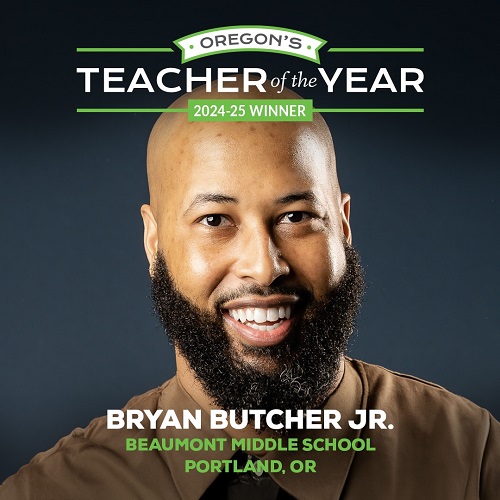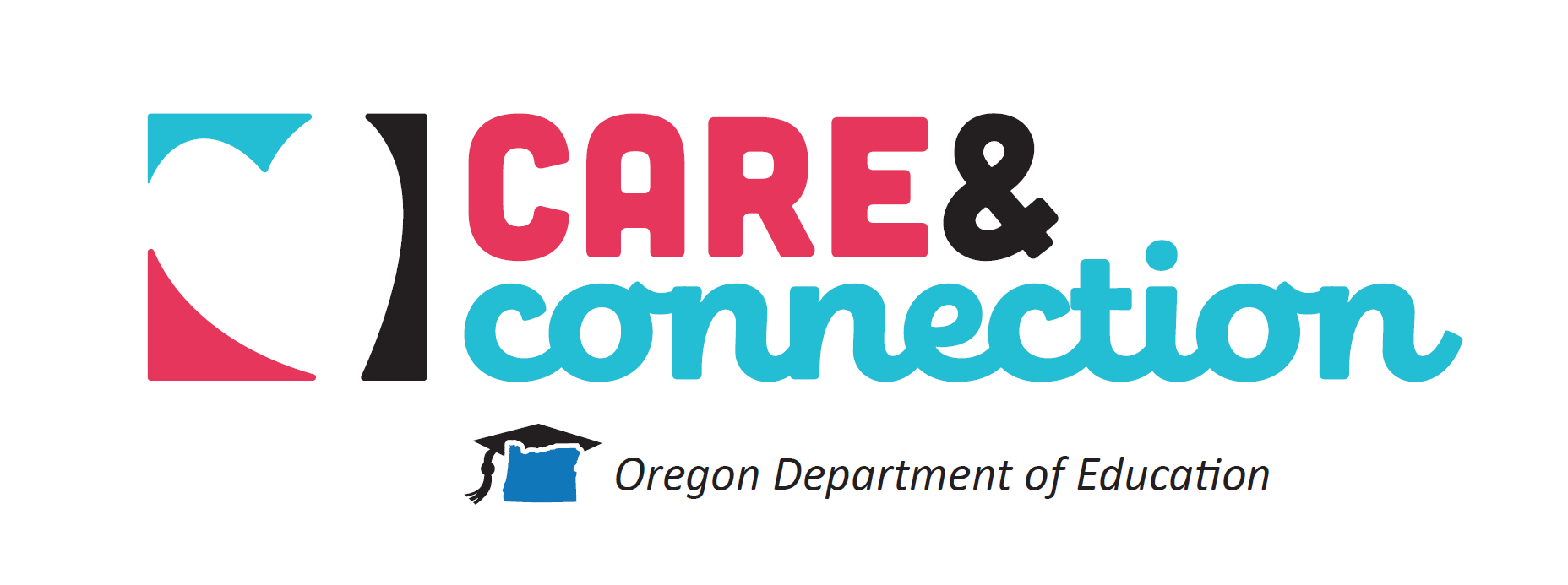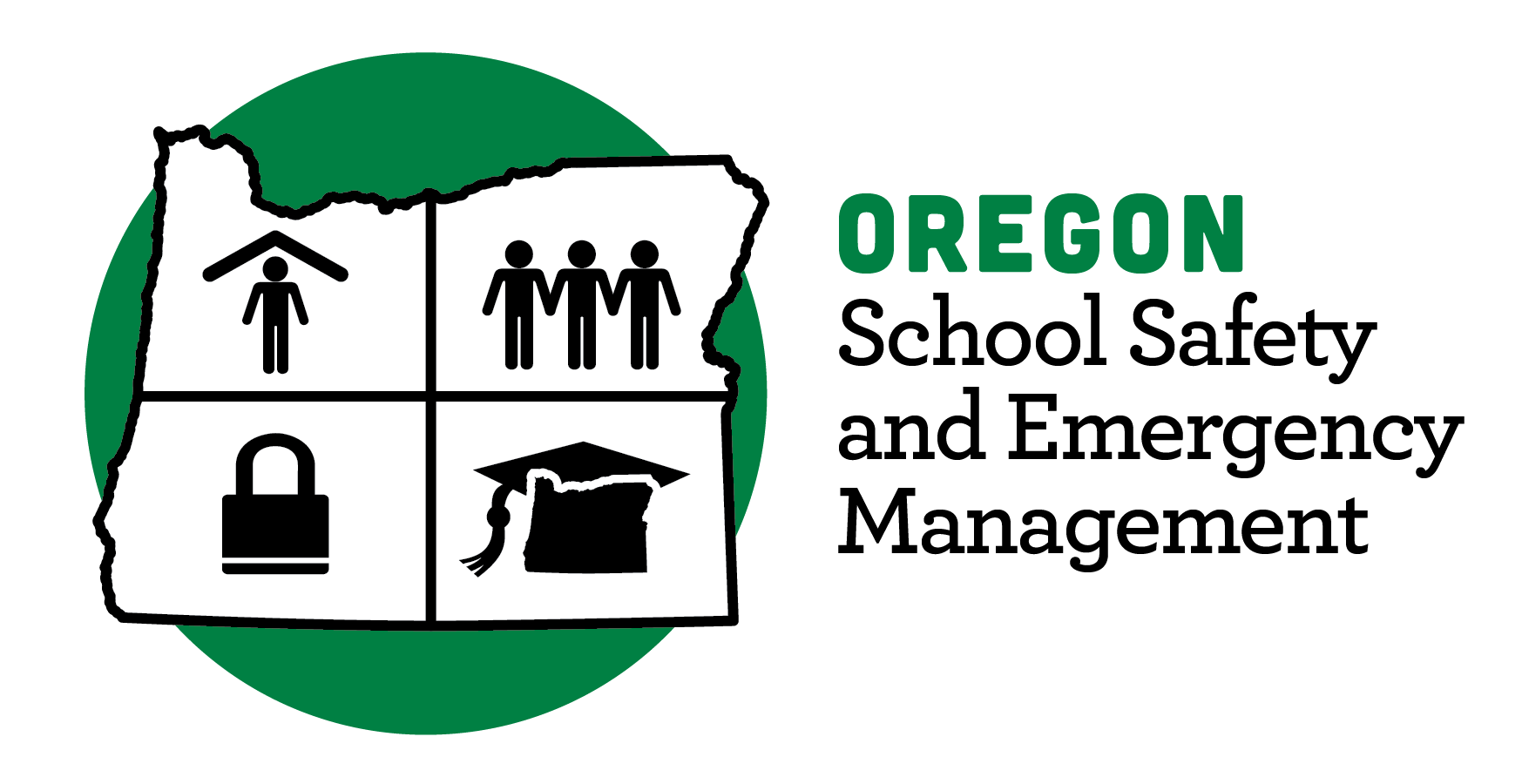Oregon’s 2024-25 Teacher of the Year is Bryan Butcher Jr. of Beaumont Middle School
 In an exciting surprise announcement October 2, Bryan Butcher Jr., a Beaumont Middle School math teacher, was named and celebrated as Oregon’s 2024-25 Teacher of the Year!
In an exciting surprise announcement October 2, Bryan Butcher Jr., a Beaumont Middle School math teacher, was named and celebrated as Oregon’s 2024-25 Teacher of the Year!
“Bryan exemplifies the impact committed teachers can have on students’ lives,” said Governor Tina Kotek. “From helping each of his students learn math in the way that works for them, to creating the Black Student Union at his school, teachers like Bryan go above and beyond to make Oregon schools a place where students not only learn, but feel a sense of safety, belonging, and pride. I’m thrilled to see his hard work being honored.”
Bryan Butcher Jr. is a Portland native and Grant High School graduate. He attended Morehouse College, where he earned a Bachelor of Arts in sociology and graduated Magna Cum Laude. Following graduation, Butcher joined Teach for America, and thus began a teaching journey which would eventually lead him to Beaumont Middle School, where he has taught math for the past eight years. When visiting Butcher’s classroom, you will see a thriving community of learners who are working together. With the guiding principles of respect and effort, Butcher believes maintaining high standards and expectations creates the conditions for students to flourish. Respect and effort provide an environment where students feel comfortable asking questions, participating in discussions, and taking risks. In Butcher’s class, there is an expectation and joy that comes from learning, everyday.
“Bryan Butcher Jr. is not only an educator and an advocate, he is a champion for his students,” said Dr. Charlene Williams, Director of the Oregon Department of Education. “This is a teacher who has engaged creatively with students and his community, learned enthusiastically from his colleagues, and carved out unique spaces for students to feel seen, heard, and valued. Mr. Butcher seeks to build confidence in his students by demystifying mathematical concepts and grounding his classroom culture in effort, respect, and a willingness to take academic risks. It is clear that Mr. B is beloved in his community because he prioritizes not only academic excellence but also the well-being of his students.”
“My goal is to instill a sense of pride and acknowledgement in my students that they have already built the foundation to be successful,” Butcher said in his application. “Every year, I strive to create a classroom culture where rapport leads to learning.”
The Oregon Teacher of the Year program is sponsored by the Oregon Department of Education in partnership with the Oregon Lottery. Butcher was celebrated as a Regional Teacher of the Year in September, and will receive a $10,000 cash award as the 2024-25 Oregon Teacher of the Year. A matching $5,000 is also awarded to Beaumont Middle School.
“It’s impressive to see how Bryan Butcher Jr. has built trust and genuine connections with students and his community,” said Oregon Lottery Director Mike Wells. “We’re proud to celebrate his ability to help students overcome challenges, while meeting them with grace and encouragement.”
The Oregon Teacher of the Year is selected after an extensive application process. Nominees from schools throughout Oregon submitted packets of information including testimonials and letters of support from administrators, students and colleagues. From the written material, applicants were assessed on leadership, instructional expertise, community involvement, understanding of educational issues, professional development and vision.
As the 2024-25 Oregon Teacher of the Year, Butcher will serve as a spokesperson and representative for all Oregon teachers. He will also receive year-long professional development and networking with other state Teachers of the Year through the Council of Chief State School Officers’ National Teacher of the Year program.
Butcher was one of 18 Regional teachers of the Year announced in September.
You can find out more about them here.
Do you know an outstanding teacher? Please nominate them as the 2025-26 Oregon Teacher of the Year by
visiting the Oregon Teacher of the Year website.
Signs of Stress and Distress Materials Now Available in Additional Languages

Children and adolescents increasingly report feeling the effects of stress in their lives. Depending on their age, personality, developmental stage and environment, how they respond can vary widely.
ODE’s Mental Health team has created resources to recognize the signs of chronic stress and distress and provide practical strategies for offering help and support. Broken down by age group,
Signs of Distress and Chronic Stress in Youth, is now available in nine different languages.
More mental health guidance and resources can be found on the ODE website. Please
reach out to the Mental Health team with any questions.
The Nightmare Factory Is Now Open!
 It’s Oregon’s longest running haunted house and it’s back for another season! The Nightmare Factory started in 1987 as a fundraiser for the Oregon School for the Deaf (OSD) and has continued ever since. Held on the grounds of the school and run by current and former OSD students, the Nightmare Factory runs every Friday and Saturday night in October and is also open on Halloween, the night before and special “Pitch Black” editions the Friday and Saturday after Halloween. There are new ways to experience the Nightmare Factory, so
check out their website for more information and how to get your tickets!
It’s Oregon’s longest running haunted house and it’s back for another season! The Nightmare Factory started in 1987 as a fundraiser for the Oregon School for the Deaf (OSD) and has continued ever since. Held on the grounds of the school and run by current and former OSD students, the Nightmare Factory runs every Friday and Saturday night in October and is also open on Halloween, the night before and special “Pitch Black” editions the Friday and Saturday after Halloween. There are new ways to experience the Nightmare Factory, so
check out their website for more information and how to get your tickets!
To keep up with all the latest happenings at the Oregon School for the Deaf,
check out the latest Panther Pulse newsletter and be sure to subscribe so you don’t miss the next one!
Resources Available to Help With School Safety

ODE offers two programs to assist you with school safety concerns.
The School Safety and Emergency Management program provides training and technical assistance to school districts on the development and implementation of high-quality Emergency Operations Plans. To receive monthly updates on SSEM-related topics,
sign up for the monthly newsletter here.
The School Safety and Prevention System helps schools with safety-based crisis interventions, suicide prevention services, or other behavioral safety assessments that promote a positive school culture and climate. You can find and connect with your local School Safety and Prevention System representative at
the SSPS contact page here.